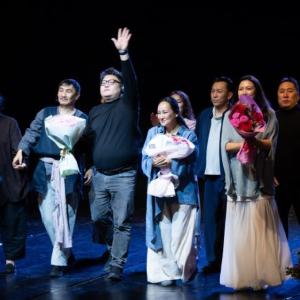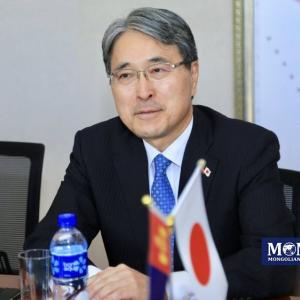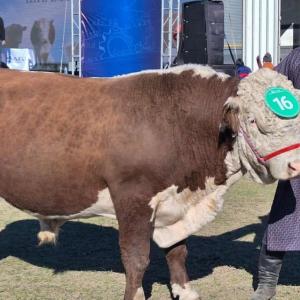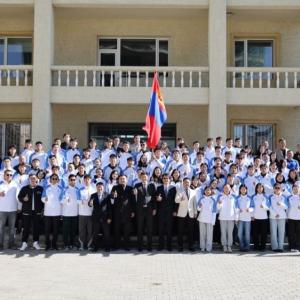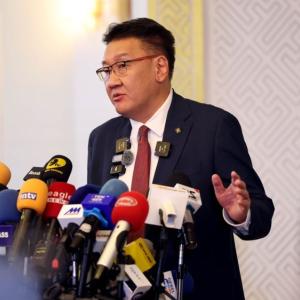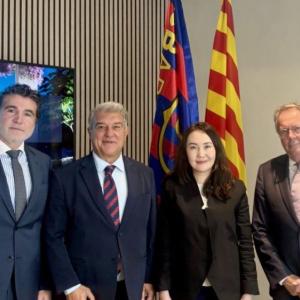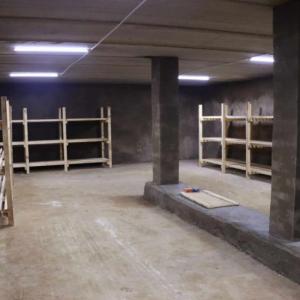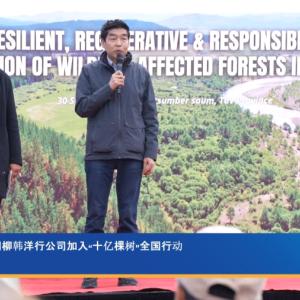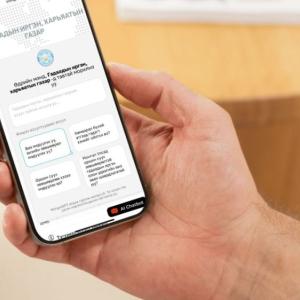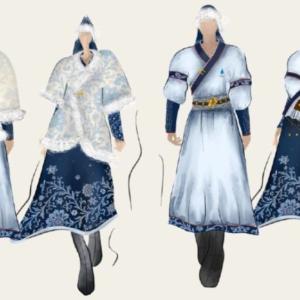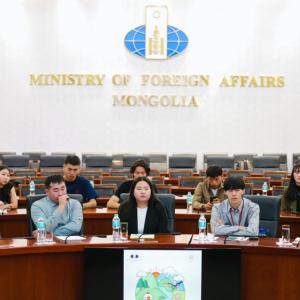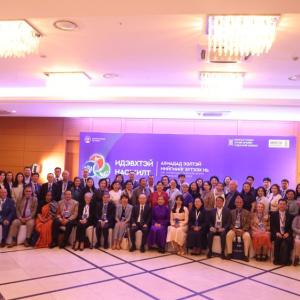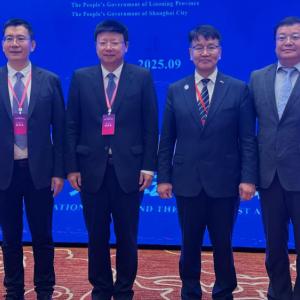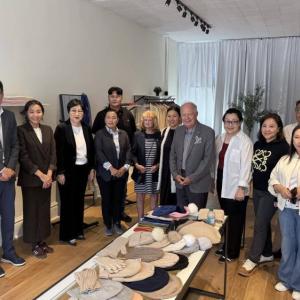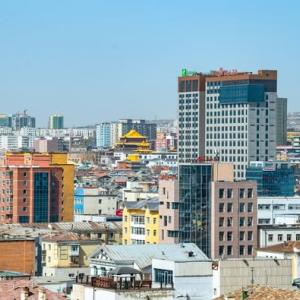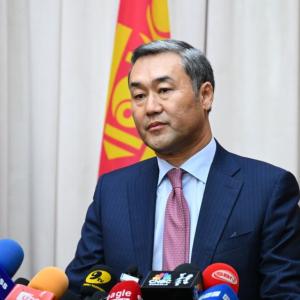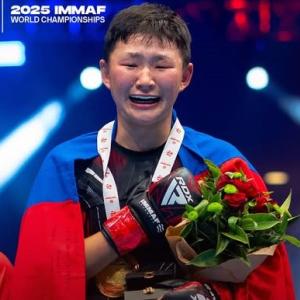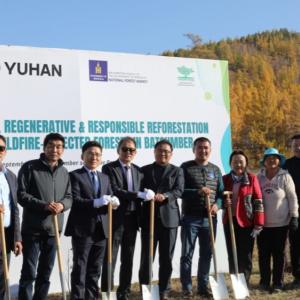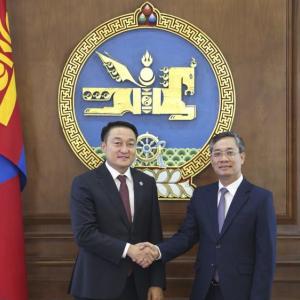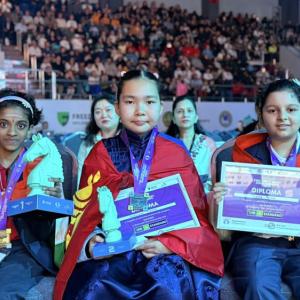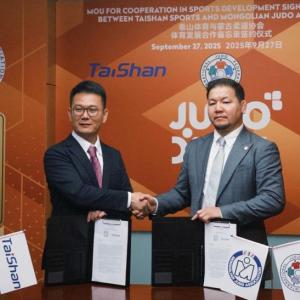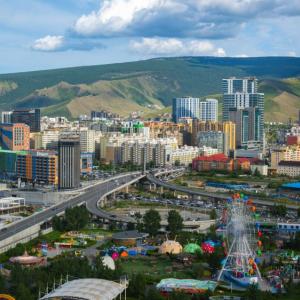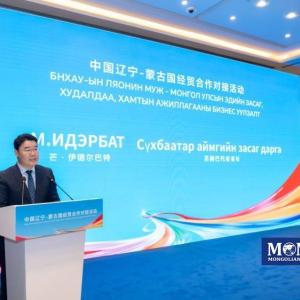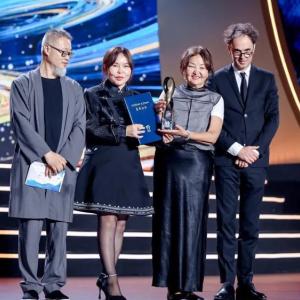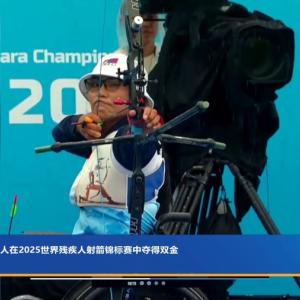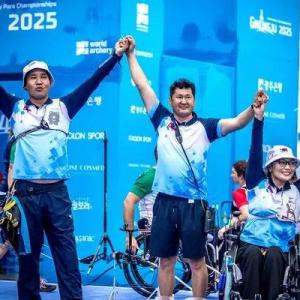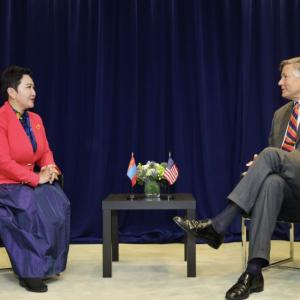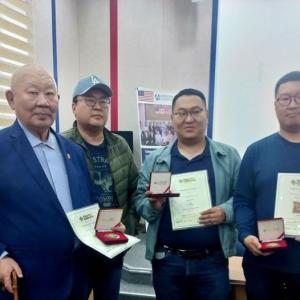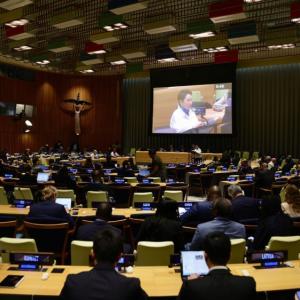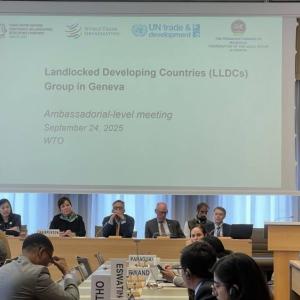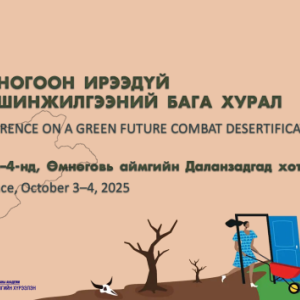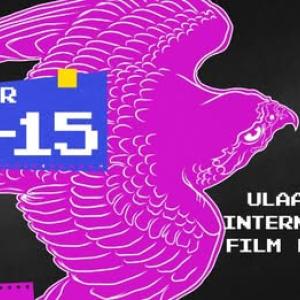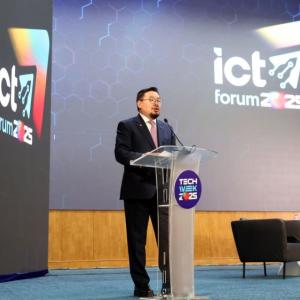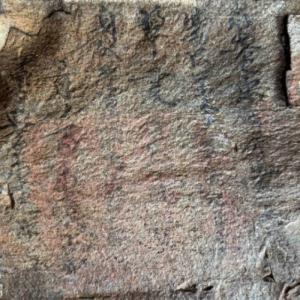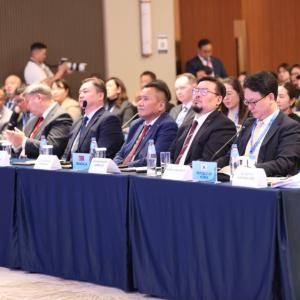50 medical students to receive Japanese scholarship
Society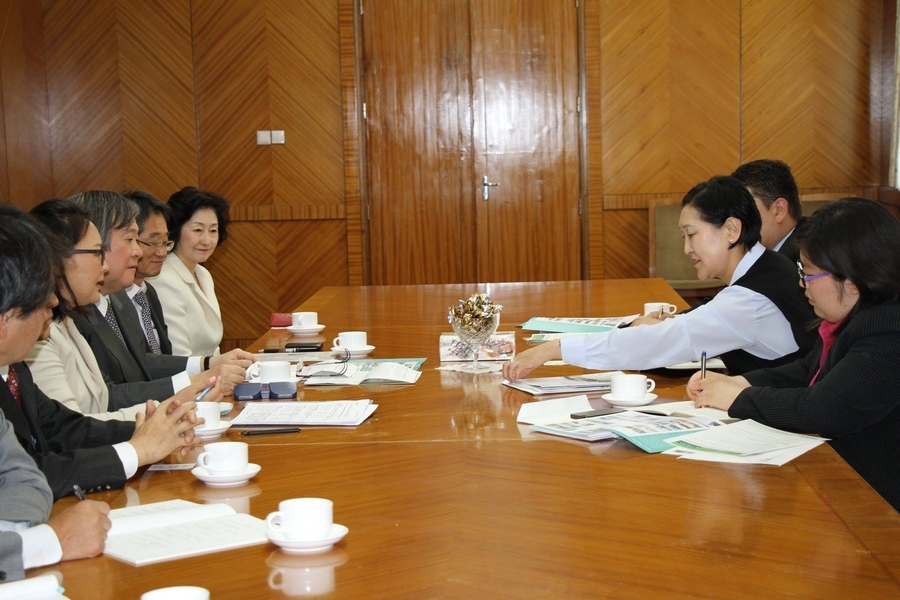
Ulaanbaatar /MONTSAME/ Minister of Education, Culture, Science and Sports Ts.Tsogzolmaa received Japanese delegates led by former Ambassador of Japan to Mongolia Takenori Shimizu and the President of the International University of Health and Welfare on June 23. Japanese delegates proposed training 50 medical students with Japanese language knowledge, with Japanese scholarship.
The International University of Health and Welfare and the Mongolian National University of Medical Sciences concluded a Memorandum of Understanding in 2015. Within the framework of the Memorandum, two students receive scholarships every year.
During the meeting, the university President Kuninori Takagi told Minister Ts.Tsogzolmaa about ongoing studies at nursing school and diagnostic center in Mongolia.
International University of Health and Welfare offers the doctor’s undergraduate course in English, while students studying other majors are taught in Japanese. Thus, Asian Diplomats’ Spouses Association provides a 100 percent scholarship program for those students. However, due to lack of knowledge of Japanese Mongolian students are not eligible for this scholarship. Therefore, the university offered scholarships to 50 students in 10 medical courses for five years.
Minister Ts.Tsogzolmaa accepted their proposal and pledged to officially implement it.
The International University of Health and Welfare and the Mongolian National University of Medical Sciences concluded a Memorandum of Understanding in 2015. Within the framework of the Memorandum, two students receive scholarships every year.
During the meeting, the university President Kuninori Takagi told Minister Ts.Tsogzolmaa about ongoing studies at nursing school and diagnostic center in Mongolia.
International University of Health and Welfare offers the doctor’s undergraduate course in English, while students studying other majors are taught in Japanese. Thus, Asian Diplomats’ Spouses Association provides a 100 percent scholarship program for those students. However, due to lack of knowledge of Japanese Mongolian students are not eligible for this scholarship. Therefore, the university offered scholarships to 50 students in 10 medical courses for five years.
Minister Ts.Tsogzolmaa accepted their proposal and pledged to officially implement it.
B.Misheel

 Ulaanbaatar
Ulaanbaatar



